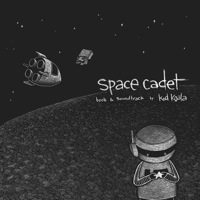 Kid Koala: Space Cadet (Ninja Tune, 10/25/11)
Kid Koala: Space Cadet (Ninja Tune, 10/25/11)
Kid Koala: “Main Title Theme”
[audio:https://alarm-magazine.com/wp-content/uploads/2011/10/01-Main-Title-Theme-Open-your-book.mp3|titles=Kid Koala: “Main Title Theme”]Kid Koala, born Eric San, is a Chinese-Canadian DJ who garnered recognition for distinctive styles of scratch turntablism and comical samples after his Ninja Tune debut Carpel Tunnel Syndrome in 2000. Since that time, the turntablist has toured extensively with huge names such as Björk, Beastie Boys, and Radiohead, composed several original film scores, and collaborated on numerous musical projects, including his own Deltron 3030 and The Slew.
San also has quite a knack for illustration, which he employed for his 2003 album, Nufonia Must Fall, a 352-page romantic tragedy about a love-struck robot paired with a short, jazzy soundtrack. His new release, Space Cadet (out tomorrow), is his second graphic-novel/soundtrack pairing, and it sets aside the eccentric scratching and samples to revisit San’s classical piano training. Inspired by the birth of San’s daughter, Space Cadet is a 132-page graphic narrative and dulcet soundtrack that chronicles a young girl’s adventures through outer space with her robot guardian.
Here, ALARM speaks with San about his newest multimedia journey.
When and how did you develop your turntable techniques?
I try to develop it everyday! I do it by practicing and listening to as many different styles of music as I can. Turntables are chameleon-like. The challenge for me is to see if I can learn to play them tastefully in whatever style is required.
In this technological age, with so many DJs transitioning from analog to digital mixing, why have you stuck primarily with vinyl turntables?
I like the sound of vinyl crackle and record burn.
Can you explain your thought process when choosing sounds to mix into tracks?
I usually have a melody or a story in my mind when I record. I try to bend sound into the melody that I hear in my head. I have a record cutter in my studio, so I will record a single guitar note or keyboard tone and cut it to a custom record. Once it’s on the turntable, I can bend it into all the other notes of the scale.
What do you mean when you describe your search for inspiration as “audio-voyeurism”? How did your inspirations differ between past albums and Space Cadet?
I think whenever you listen to a recording, you are hearing a part of someone’s life. I like to imagine the life story around the whole recording and what compelled people to make such recordings. Space Cadet was completely inspired by the birth of my daughter. Most of it was recorded before while she was an infant. Each piece on the Space Cadet score is a kind of turntable lullaby for her.

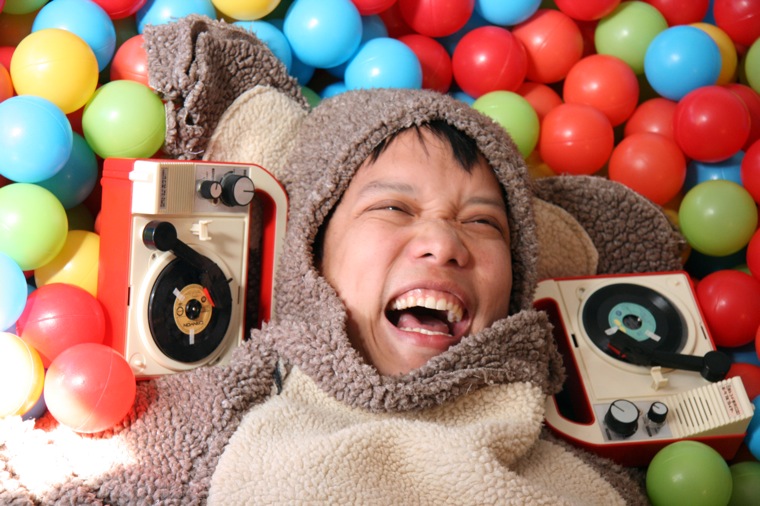
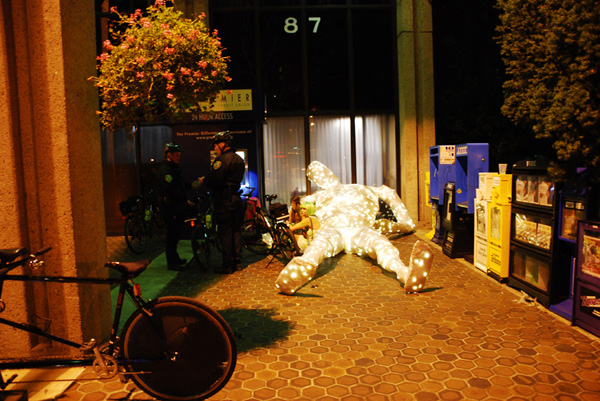
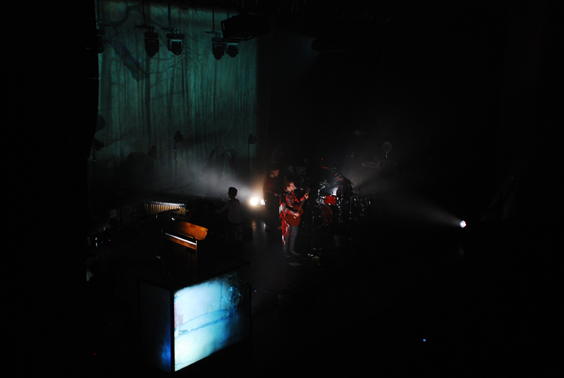
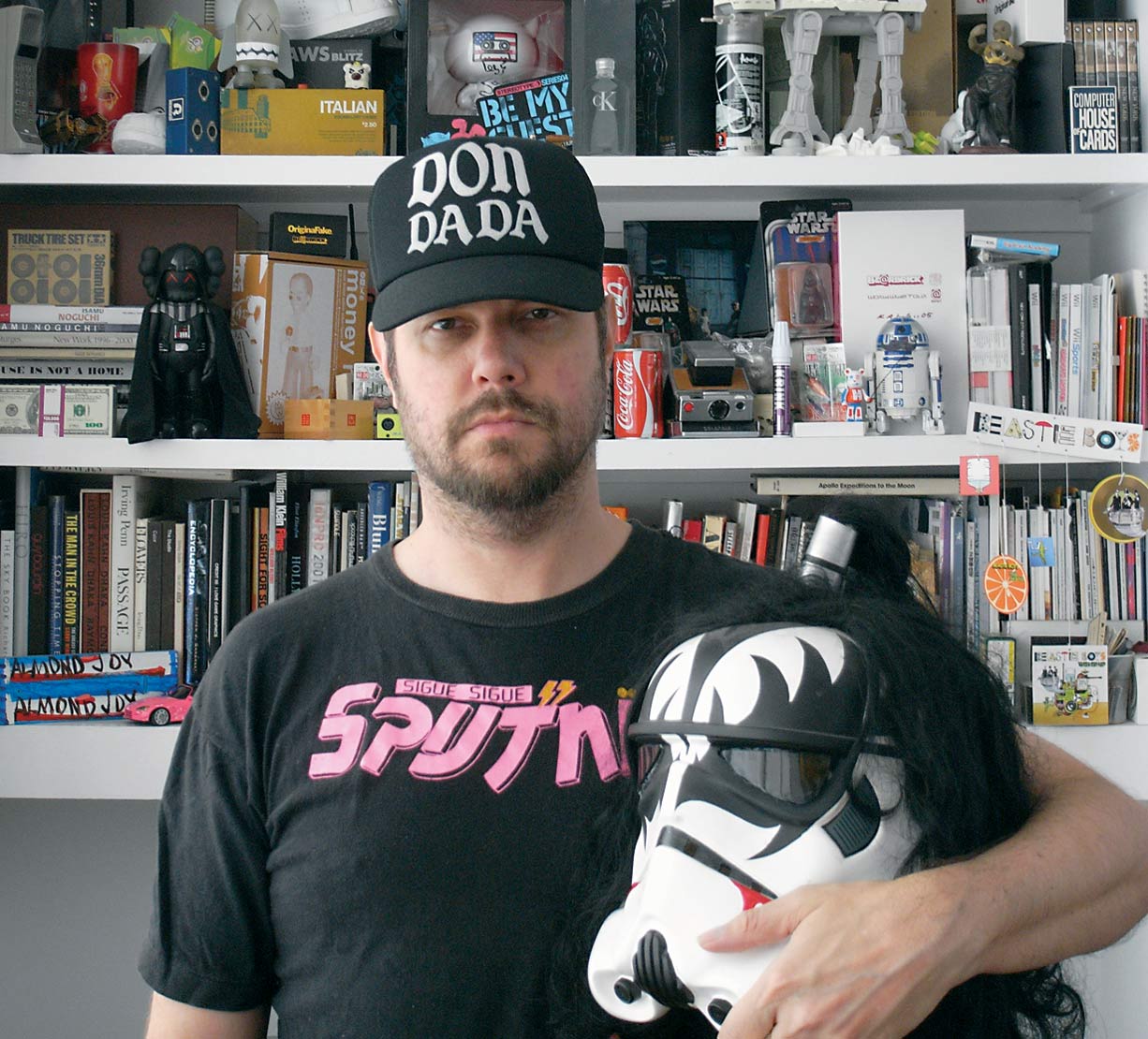
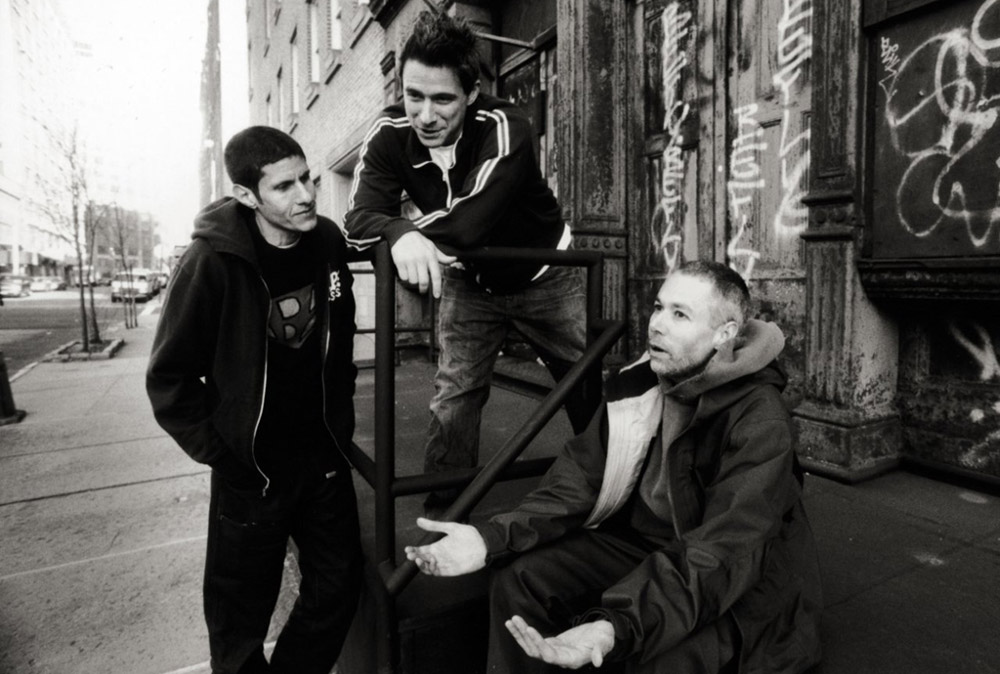
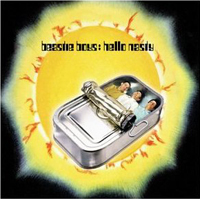 Named after the telephone greeting at PR company Nasty Little Man, Hello Nasty was the Beastie Boys’ stellar follow-up to Ill Communication.
Named after the telephone greeting at PR company Nasty Little Man, Hello Nasty was the Beastie Boys’ stellar follow-up to Ill Communication.